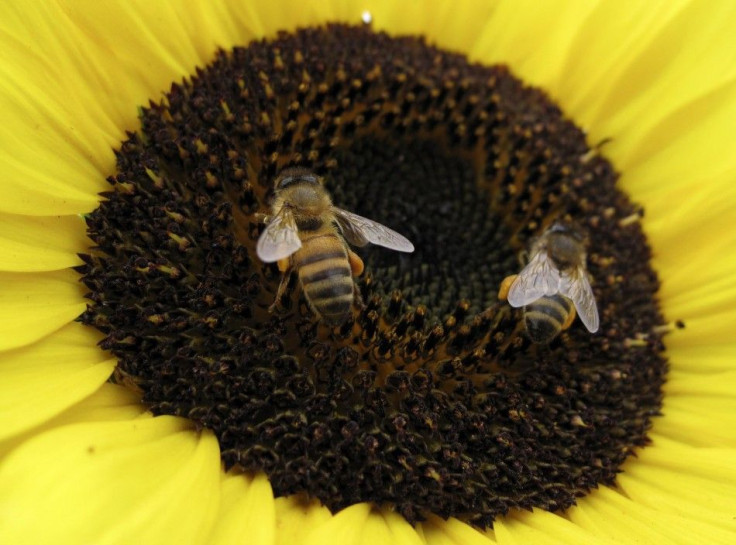Breakthrough in Cancer Treatment: Bees, Snakes and Scorpion's Venom Can Be Used to Treat Cancer
Researchers State in 4 to 5 Years This Would be the New Natural Treatment For Cancer

A new study found that the venom of bee, snakes and scorpions could be used to kill cancerous tumours. According to the paper presented by the American Chemical Society conference, lead researcher Dipanjan Pan and his team from the University of Illinois said that they may have found a way to stop cancer cell growth.
Though there is a lot more work to be done as it is still in the beginning stages, they have been successful in stopping the growth of melanoma cells in lab tests. Pan has developed a technique that uses nanotechnology to deliver a synthesised element similar to the venom.
The problem, though, is that injecting someone with venom could have considerable negative effects as well. The venom may destroy healthy cells similar to the cell damage that occurs during chemotherapy, leading to painful side effects.
Pan, however, has devised a method to eliminate the harmful effects. He has developed a technique by which the harmful elements in the venom would get separated and the important proteins and pesticides will also be separated.
"Since it's synthetic, there's no ambiguity" in what the substance contains, Pan told CNN. "The synthetic material is then delivered to cancer cells using nanotechnology. In camouflaging the whole toxin as a part of the nanoparticle," he said, is only attracted to cancer cells and goes past healthy cells.
These nanoparticles with the synthesised venom has the ability to stop the growth of cancer cells, especially the venom of bees.
"That's what we are interested in - those are the cells responsible for metastasizing and also responsible for having the cancer cells grow back," Pan said. He explained that this technique is a potentially better cancer treatment method.
Chemotherapy is damaging, but venom is not and it is natural as well. But more work and concentration on this technique would help in the development of better and effective cancer-fighting drugs. Pan is now focusing on trying the synthesised venom and nanotechnology on cancer cells in rats and pigs. He believes that in the next four to five years, they will have a fully developed, natural treatment.






